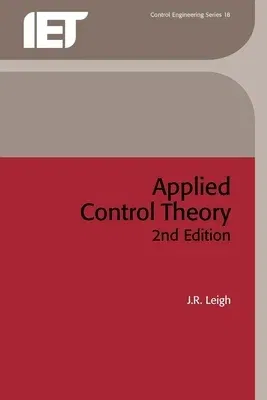'To the surprise of some undergraduates, processes do not carry labels
marking their variables nor, alas, are they conveniently classified into
linear, nonlinear, stochastic, etc., categories. The ability to come to
terms with this situation is a prerequisite for anyone proposing to
succeed in an industrial environment.' This quotation from Chapter 1
characterises the viewpoint of the book, which is concerned with the
application of control theory to real problems in their industrial
context.
The book is structured around the following beliefs:
- (a) Economic aspects must be considered at an early stage of any
project.
- (b) Simple techniques and ready-made manufacturer's solutions should
be applied wherever possible.
- (c) More advanced techniques will be received enthusiastically in
those applications where they can offer a genuine contribution.
- (d) Control systems using distributed microprocessor power will have
an impact that is difficult to exaggerate. Control engineers must
become familiar with the concepts involved.
- (e) Familiarity with a wide range of applications is indispensable
in developing an efficient approach in the field of applied control
theory.
This second edition includes new material and supporting references on:
- robotics control
- programmable logic controllers
- self-tuning controllers
- distributed computer control systems
- biotechnological control
The book should be accessible to a wide variety of engineers. Preferably
they should have an elementary knowledge of automatic control theory.

